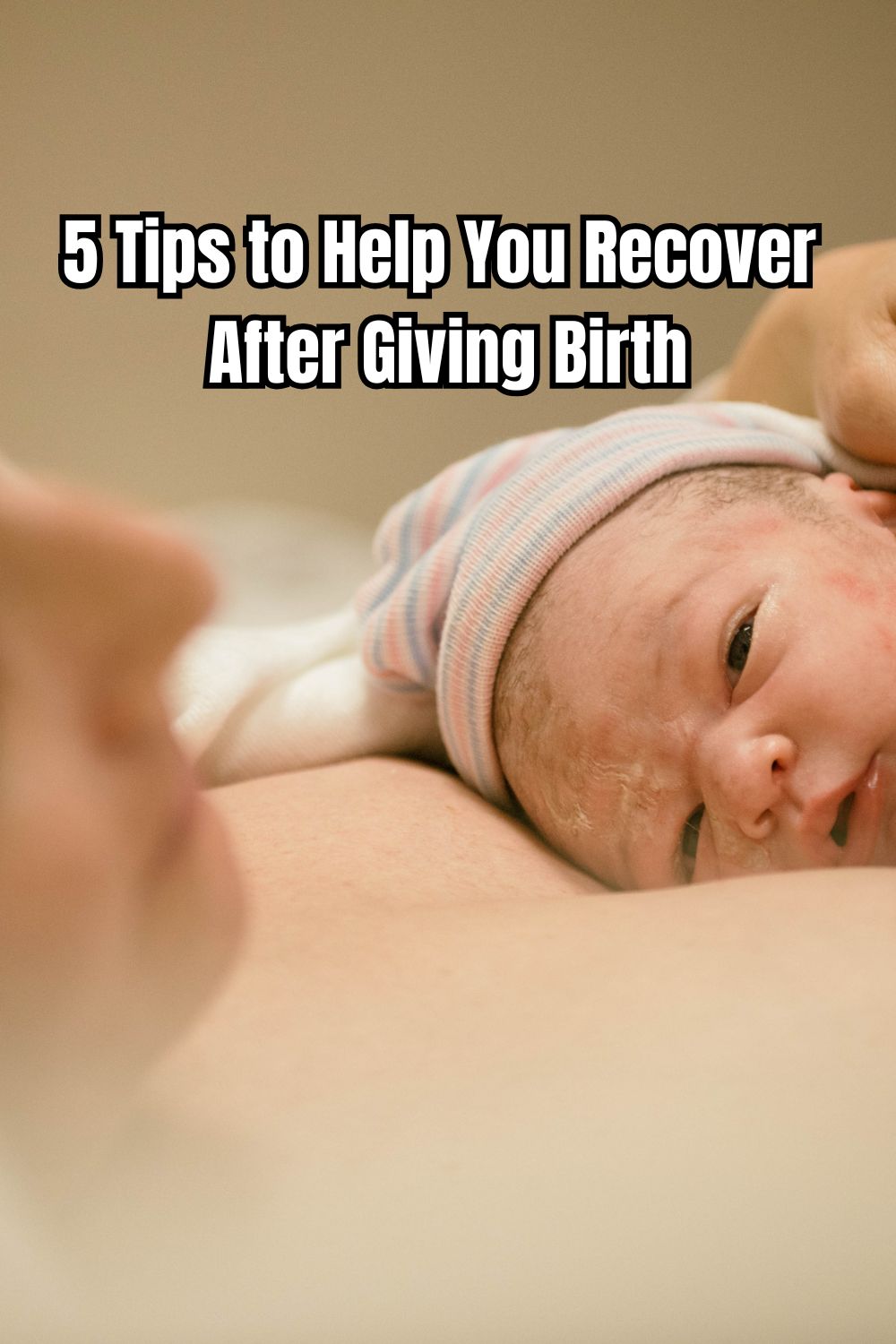Explore essential tips to help you recover after giving birth. Prioritize your health and well-being during this time.
5 Tips to Help You Recover After Giving Birth
Although caring for your infant has become your primary focus, tending to yourself during this period is equally vital. Regardless of whether you had a vaginal birth or cesarean section, your body has undergone significant stress (and likely emotional intensity) throughout delivery and your complete pregnancy. By permitting adequate recovery time, you create the chance to develop into the strongest mother possible. Here are five personal care suggestions to start your healing journey.
Get Rest
Rest might feel impossible right now, but it’s essential for both your recovery and caring for your newborn. The classic advice to “sleep when your baby sleeps” exists for good reason, since your newborn won’t be sleeping through the night, grabbing sleep whenever they do is your best strategy.
If you can’t fall asleep, still use that time to rest. Connect with your partner, spend quiet moments with your other children, or take a breather yourself. The key is to avoid anything demanding during these precious pockets of downtime.
Stay Vigilant About Health Concerns
As you focus on recovering, stay alert to your baby’s health too. Common newborn conditions should be taught to new parents. For example, hydrocephalus in infants is characterized by abnormal cerebrospinal fluid accumulation in the ventricles of the brain, thereby requiring medical attention.
Understanding these disorders helps parents know when a medical consultation is required. Regarding your own health, watch for warning signs needing immediate medical care, including heavy bleeding, severe pain, fever, or infection signs. Go to all planned postpartum appointments, even when feeling well, since these visits are meant to track your recovery and handle any issues.
Take Care of Your Delivery Zone
All deliveries involve some recovery discomfort, but proper care can significantly improve your comfort level. For vaginal births, expect about a week of perineal discomfort. This varies depending on tearing, stitches, or other delivery complications. Relief methods include Sitz baths, Dermoplast numbing spray, and witch hazel pads placed in your underwear.
C-section recovery requires careful incision care and following medical guidance. Restrict activities such as stair climbing, driving, and lifting anything heavier than your newborn for six weeks post-surgery. You probably will have vaginal bleeding one to two weeks following birth, regardless of the procedure used. Sexual activity should wait until your six-week postpartum visit.
Move Gently and Gradually
While recovery requires rest, light movement can help by boosting blood flow and reducing stiffness. Begin with basic activities such as brief walks inside your home or gentle stretches your healthcare provider has approved. Gradually extend and intensify these activities as your strength returns.
Pay attention to how your body responds and avoid overexertion. Remember that recovery happens quickly; respecting your body’s signals helps avoid complications. For those who had delivery complications or cesarean births, follow your doctor’s specific activity recommendations.
Hydrate and Nourish Your Body
Adequate fluid intake is crucial for healing, particularly for nursing. Have a water container within reach constantly, and try to consume more water than seems necessary. Your system needs extra liquids for milk production and to compensate for fluids lost during birth.
Prioritize foods packed with nutrients that supply necessary energy and vitamins. Incorporate ample protein, beneficial fats, and complex carbs into your diet. Iron-rich, calcium-containing, and vitamin C foods can restore nutrients used up throughout pregnancy and delivery. Think about making easy, wholesome meals in advance or welcoming meals from supportive friends and relatives.
Endnote
Parents are renowned for putting the needs of others before their own, but even the best mothers occasionally need a break. Treat yourself kindly; don’t hesitate to seek or accept help. Consult your doctor if you require more tools to aid in your transition to motherhood.

Leave A Reply!